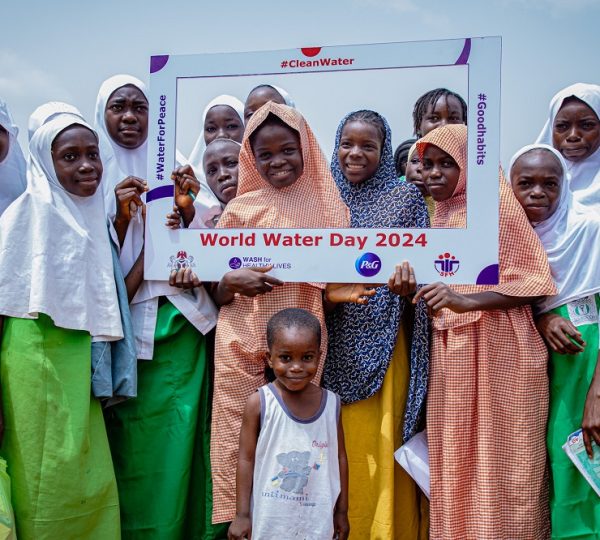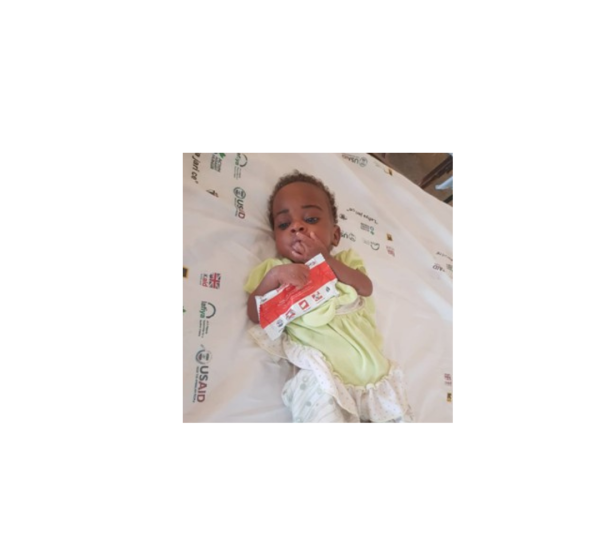Closing the Access Gap to Cervical Cancer Screening and Treatment Services.
By Dr Chizoba Geraldine Abone
Cervical cancer is the fourth most common cancer in the world with over 600,000 new cases and 340,000 deaths recorded in 2020. Cervical cancer is the most prevalent gynecological cancer in Nigeria with over 60 million women estimated to be at risk. Nigeria ranks among the first five countries that represent over half of the global deaths from cervical cancer despite this cancer being largely preventable through screening and vaccination.
Cervical cancer screening is an intervention that helps in the early detection of lesions and identification of pre-cancerous lesions in the cervix prior to treatment. Cervical cancer screening methods include Human Papilloma Virus (HPV) Screening, The PAP smear, and The Visual Inspection with Acetic acid (VIA) method. Of the three, the VIA is the most accessible and cost-effective hence its use in resource-limited settings. In the VIA method, on inspection of the cervix stained with acetic acid, lesions are classified as VIA +ve or VIA -ve based on the color seen. VIA +ve lesions are treated with cryotherapy or thermal ablation.
Women living with HIV/AIDS are six times more likely to develop cervical cancer. These women face a myriad of challenges that limit their access to cervical cancer screening services ranging from socio-economic, cultural, psychological, educational, etc. Society For Family Health (SFH), through the USAID-funded KP CARE 2 project provides cervical cancer screening services to women among key population groups living with HIV/AIDS in its 6 States: Sokoto, Kebbi, Zamfara, Borno, Bauchi and Adamawa. The components of the service delivery include:
- Community-based education and sensitization on cervical cancer.
- Facility and community-level screening services.
- Immediate treatment services for pre-cancerous lesions identified using cryotherapy or thermal ablation.
- Partnerships with tertiary health facilities for referral of clients with suspected cancerous lesions for further evaluation and treatment.
Since the commencement of the KP CARE 2 project, about 2000 women have been screened, 30 VIA-positive lesions identified and treated, and 15 pre-cancer lesions referred for further evaluation and treatment.
Studies in Nigeria have linked the low uptake of cervical cancer screening services to the lack of adequate information among the populace about cervical cancer. SFH is closing this knowledge gap by implementing peer-led information dissemination and education strategies in communities serviced by its projects. SFH will continue to expand its reach, bringing cervical cancer screening services into communities where access is limited or unavailable thus, closing the gap in access to cervical cancer screening and treatment services.



